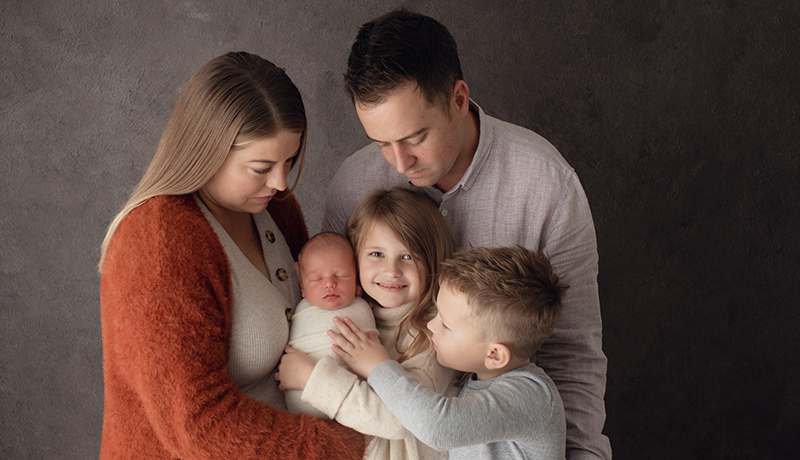Search

Video technology is helping researchers learn more about the earliest features of autism, and in turn is helping families gain access to better interventions.
Research
Screening Measures of Perinatal Mental Health and Wellbeing in Fathers: A Scoping ReviewAccurately screening fathers for perinatal mental health problems requires well-validated screening instruments that assess the expression of paternal perinatal mental distress. This study aimed to identify and describe the psychometric properties of perinatal mental health screening instruments administered to paternal cohorts within the past two decades.

A bold research program is working to give young children lifelong protection against influenza
Research
TANGO2 binds crystallin alpha B and its loss causes desminopathyMutations in the TANGO2 gene cause an autosomal recessive disorder characterised by developmental delay, stress-induced episodic rhabdomyolysis, and cardiac arrhythmias along with severe metabolic crises. Although TANGO2 mutations result in a well characterised disease pathology, the function of TANGO2 is still unknown.
Research
The Lancet Child & Adolescent Health Commission on the future of neonatologyJane Pillow BMedSci (Dist) MBBS, PhD (Dist) FRACP Research Theme Head, Early Environment; Team Lead, Chronobiology jane.pillow@thekids.org.au
Research
Long-Term Outcome of Young Infants With Suspected Neuroblastoma following Observation as Primary Therapy: A Report From the Children's Oncology GroupSeveral studies have established that patients with localized perinatal neuroblastoma can be safely observed; however, long-term outcomes have not been previously reported. We evaluated long-term outcomes of infants with suspected perinatal neuroblastoma enrolled on the Children's Oncology Group ANBL00P2, which included an expectant observation approach.
Research
Tourette SyndromeOccurring in 1% of school-aged children, Tourette syndrome is a neurodevelopmental disorder characterised by uncontrollable movements and vocalisations known as tics.
Research
The Platform trial In COVID-19 vaccine priming and BOOsting (PICOBOO) booster vaccination substudy protocolCoronavirus-2019 (COVID-19) vaccination in Australia commenced in February 2021. The first vaccines recommended for use were AZD1222 and BNT162b2, both delivered as a two-dose primary schedule. In the absence of sustained immunity following immunisation, recommendations for booster vaccination have followed. It is likely that periodic boosting will be necessary for at least some Australians, but it is unknown what the optimal booster vaccines and schedules are or for whom vaccination should be recommended.
Research
Hearing loss in Australian First Nations children at 6-monthly assessments from age 12 to 36 months: Secondary outcomes from randomised controlled trials of novel pneumococcal conjugate vaccine schedulesIn Australian remote communities, First Nations children with otitis media (OM)-related hearing loss are disproportionately at risk of developmental delay and poor school performance, compared to those with normal hearing. Our objective was to compare OM-related hearing loss in children randomised to one of 2 pneumococcal conjugate vaccine (PCV) formulations.
Research
Clinical predictors of hypoxic pneumonia in children from the Eastern Highlands Province, Papua New Guinea: secondary analysis of two prospective observational studiesPneumonia is the leading cause of death in young children globally and is prevalent in the Papua New Guinea highlands. We investigated clinical predictors of hypoxic pneumonia to inform local treatment guidelines in this resource-limited setting.
